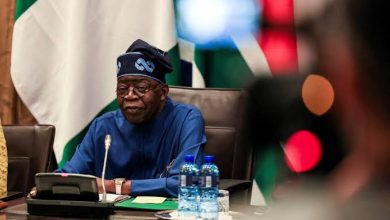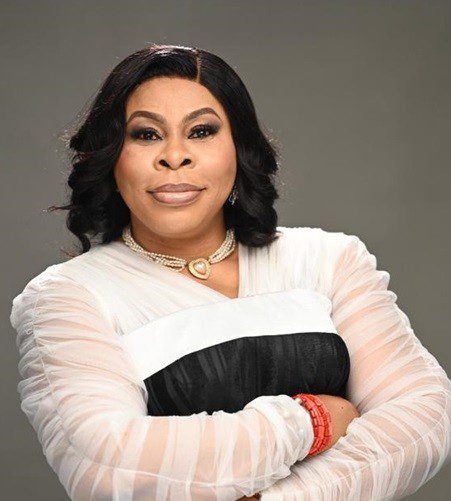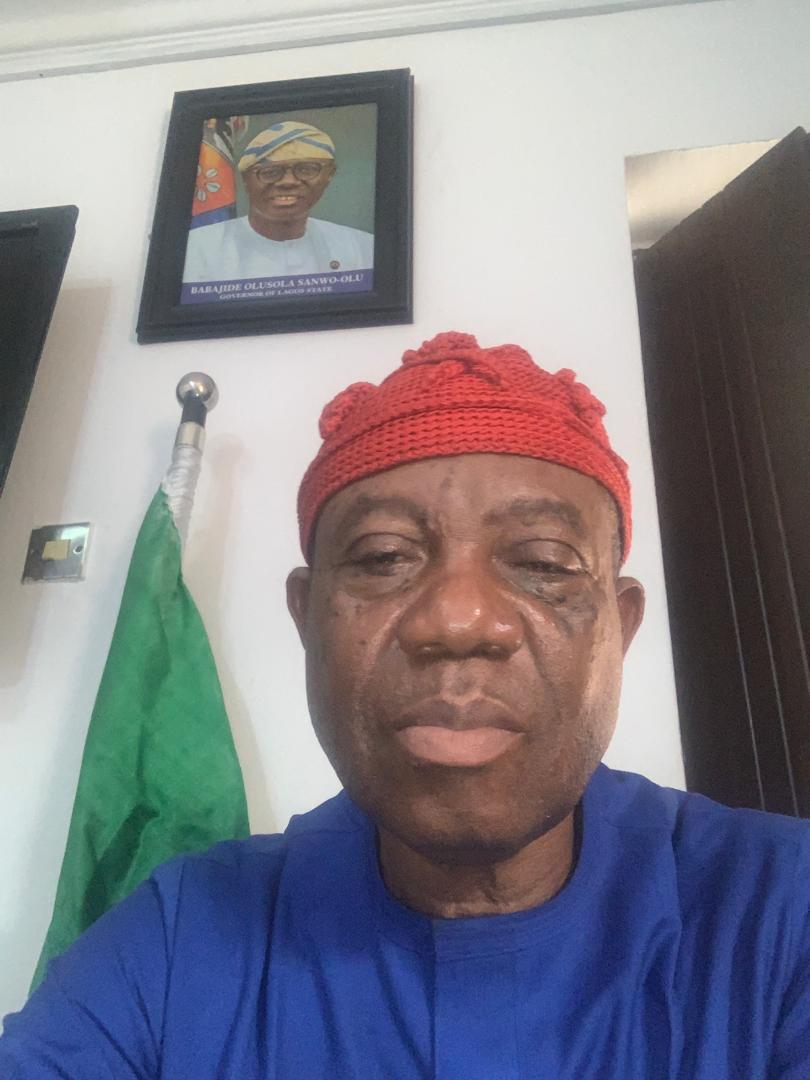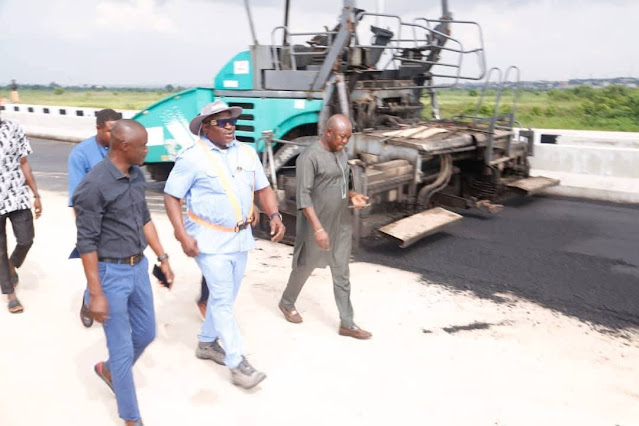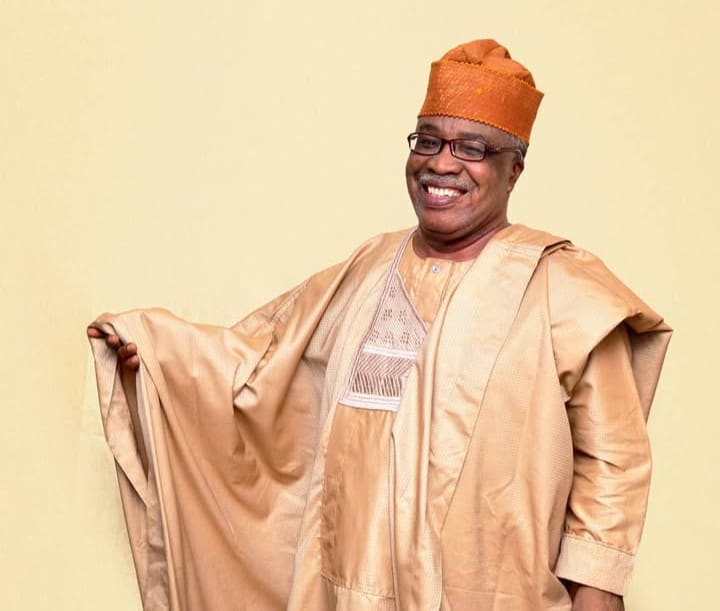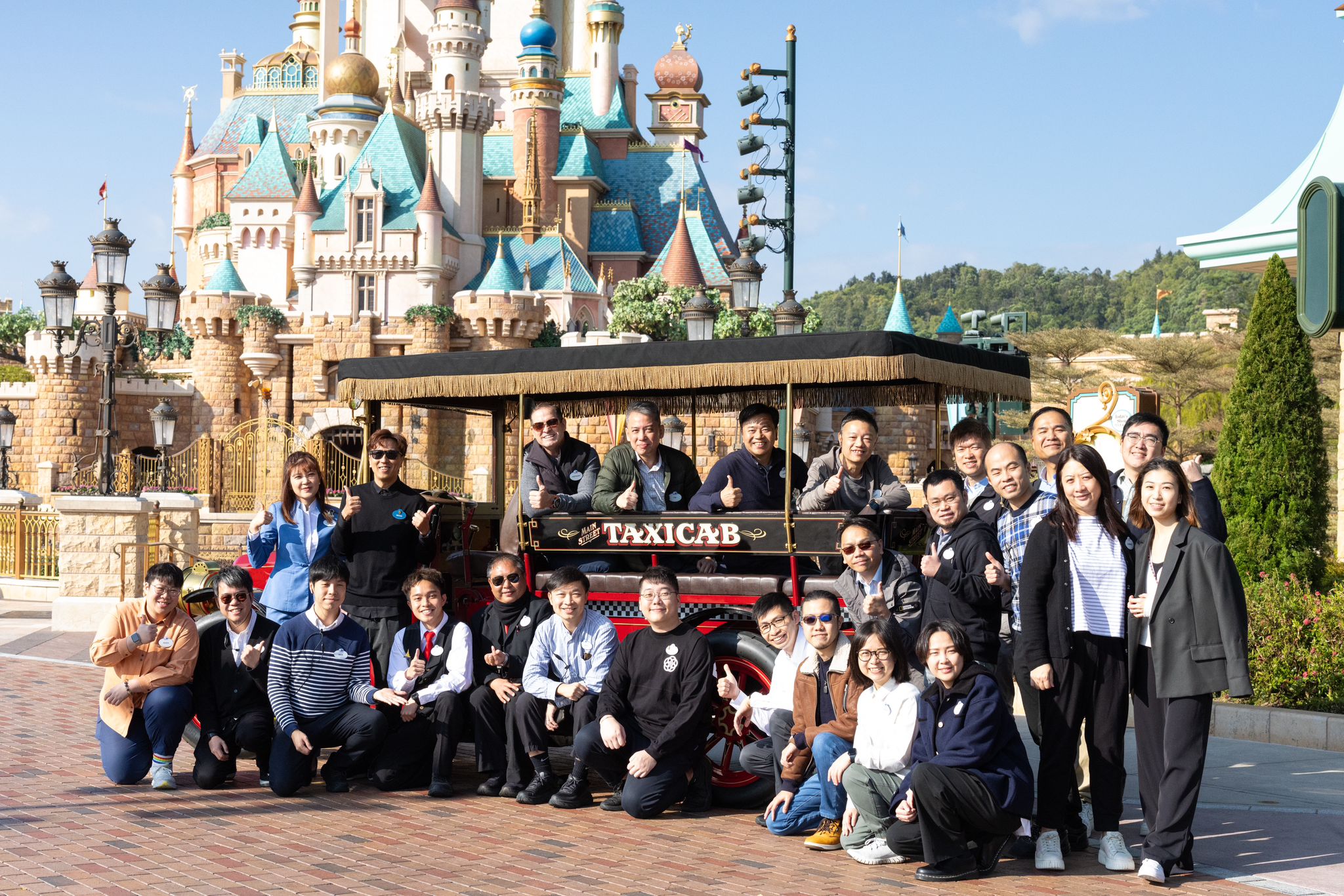In a rare public comment on Nigeria’s prolonged diplomatic vacuum, President Bola Ahmed Tinubu has finally broken his silence on the delay in appointing ambassadors to the country’s 109 diplomatic missions worldwide. Speaking during a meeting with a delegation of former members of the defunct Congress for Progressive Change (CPC) at the Presidential Villa in Abuja on September 2, 2025, Tinubu acknowledged the concerns surrounding the absence of ambassadors since their recall in September 2023. He attributed the delay to his administration’s focus on urgent economic reforms, particularly in agriculture and non-oil revenue generation, while reassuring stakeholders that ambassadorial slots remain available and appointments are forthcoming. This statement, reported by Politics Nigeria, has reignited discussions about Nigeria’s diplomatic strategy, the impact of the delay on its global standing, and the political dynamics shaping the appointment process.
The prolonged absence of ambassadors—now spanning over two years—has raised significant concerns among diplomats, foreign policy experts, and political stakeholders. Nigeria, Africa’s most populous nation and a key player in regional and global affairs, has been without formal high-level representation in 76 embassies, 22 high commissions, and 11 consulates since Tinubu recalled all 83 career and non-career ambassadors in September 2023. This diplomatic void has sparked debates about Nigeria’s ability to project influence, secure foreign investment, and protect its citizens abroad. Tinubu’s remarks offer a glimpse into the administration’s priorities but also underscore the challenges of balancing domestic economic imperatives with international diplomatic obligations.
Historical Context: Nigeria’s Diplomatic Legacy and Power Rotation
Nigeria’s diplomatic presence has historically been a cornerstone of its foreign policy, reflecting its ambition to be a leading voice in Africa and the global community. Since gaining independence in 1960, Nigeria has leveraged its embassies and high commissions to foster bilateral relations, promote trade, and champion causes like anti-apartheid movements and regional peacekeeping. The country’s diplomatic missions have been staffed by a mix of career diplomats, trained through the Ministry of Foreign Affairs, and political appointees, often selected to reward party loyalty or leverage influential figures’ networks.
The recall of ambassadors is a standard practice for incoming administrations to realign foreign policy, but the prolonged delay in replacements under Tinubu’s administration is unprecedented in recent history. In September 2023, four months after assuming office, Tinubu ordered the recall of all ambassadors—41 non-career and 42 career diplomats—citing a need to reassess Nigeria’s foreign policy. The move was initially seen as a strategic effort to align diplomatic postings with the administration’s economic and security goals. However, the failure to appoint replacements has left Nigeria’s missions under the control of chargés d’affaires and consuls-general, who lack the authority and access of ambassadors for high-level negotiations and representation.
This situation echoes a similar delay under former President Muhammadu Buhari, who took 20 months to appoint ambassadors after a recall in 2015. Tinubu’s administration, now at the two-year mark, risks surpassing this record, raising questions about its diplomatic strategy. The delay has been particularly contentious given Nigeria’s role as a regional leader in West Africa, a key ally in the fight against Islamist insurgencies, and a hub for foreign investment. The absence of ambassadors has been described as a “diplomatic embarrassment” by critics, who argue it weakens Nigeria’s voice in international forums and jeopardizes economic opportunities.
Tinubu’s Explanation: Economic Reforms Take Precedence
During his meeting with the CPC delegation, Tinubu emphasized that his administration’s focus on economic reforms has taken precedence over ambassadorial appointments. He highlighted Nigeria’s improved non-oil revenue performance, stating, “Today, I can stand here before you to brag, Nigeria is not borrowing. We have met our revenue target for the year and we met it in August.” He also outlined a major agricultural mechanization program aimed at achieving food sovereignty and reducing poverty, underscoring that these domestic priorities have consumed significant time and resources. “I couldn’t appoint everybody at once, and thank you for your patience,” he told the delegation, acknowledging the political expectations for appointments.
Tinubu’s comments reflect the administration’s broader economic agenda, which includes sweeping reforms like the removal of petrol subsidies and the floating of the naira, announced in May 2023. These policies, while increasing government revenue, have triggered economic challenges, including inflation and currency devaluation, which have demanded the president’s attention. Foreign Affairs Minister Yusuf Tuggar has echoed this sentiment, noting in an April 2025 interview with Premium Times that the list of ambassadorial nominees was submitted to Tinubu over a year ago, but economic reforms and financial constraints delayed action. Tuggar highlighted logistical challenges, such as funding for ambassadors’ travel and mission operations, as a key factor. “There is no point sending out ambassadors if you do not have the funds for them to even travel to their designated country and run the missions effectively,” he said.
The president’s focus on economic stability also ties into his response to external pressures, such as U.S. President Donald Trump’s trade policies. Tinubu asserted that Nigeria’s non-oil revenue growth provides a buffer against such shocks, stating, “Let Trump do his worst, we are stable.” This confidence underscores his prioritization of domestic economic resilience over immediate diplomatic appointments, though critics argue that robust diplomacy is essential to sustain economic gains through foreign partnerships.
Stakeholder Reactions: Frustration and Calls for Action
The delay in ambassadorial appointments has drawn sharp criticism from various quarters. The African Democratic Congress (ADC), an opposition party, described the situation as a “diplomatic embarrassment” that weakens Nigeria’s global standing and leaves its citizens abroad vulnerable. The ADC noted that chargés d’affaires lack the authority to engage in high-level negotiations, limiting Nigeria’s influence in international forums. “Junior diplomats cannot command the respect or engagement required to protect Nigeria’s interests,” the party stated in July 2025.
Foreign policy experts and former diplomats have echoed these concerns. Usman Sarki, a former Deputy Permanent Representative to the United Nations, called the delay “unacceptable” and a “serious disconnection” in Nigeria’s international relations, arguing that it signals a lack of respect for host nations. Fred Eno, a former UN advisor, emphasized the need for professional diplomats to advance Nigeria’s foreign policy objectives. Both urged the government to resolve funding issues and expedite appointments.
The Northern Elders Forum (NEF) and other regional groups have also weighed in, framing the delay as part of broader concerns about Tinubu’s governance priorities. Some northern stakeholders speculate that the delay may reflect political calculations, with the administration prioritizing appointments that reward loyalists or balance regional interests. Reports in April 2025 suggested that nominees like former governors Okezie Ikpeazu and Ifeanyi Ugwuanyi, as well as Shehu Sani and Reno Omokri, were under consideration, indicating a mix of political and career appointees. However, these reports were dismissed by the Ministry of Foreign Affairs, which insisted that the final list would be transmitted to the Senate for screening when ready.
Diplomats have warned that the absence of ambassadors risks long-term damage to Nigeria’s reputation. A senior official in the Ministry of Foreign Affairs, speaking anonymously, expressed frustration over the lack of clarity, stating, “There is silence on the issue. Nobody knows what’s going on.” The official highlighted that host countries may downgrade their diplomatic presence in Nigeria in response, further isolating the country.
Implications for Nigeria’s Diplomacy and Global Standing
The prolonged absence of ambassadors has significant implications for Nigeria’s foreign policy and international relations. Nigeria’s diplomatic missions are critical for fostering trade, securing investment, and protecting the interests of Nigerian citizens abroad. Without ambassadors, Nigeria struggles to engage effectively in high-level negotiations, such as trade agreements or security cooperation, particularly in key capitals like Washington, London, and Beijing. For instance, the ADC cited the Tinubu administration’s response to a U.S. request to receive Venezuelan deportees as evidence of diplomatic incompetence, which could have been mitigated by an ambassador in Washington.
The delay also undermines Nigeria’s ability to capitalize on Tinubu’s extensive foreign trips. Since taking office in May 2023, the president has embarked on 36 international visits, securing promises of $50 billion in investments. However, without ambassadors to follow up on these agreements, experts warn that these commitments may remain unfulfilled. “Without ambassadors on the ground to concretize agreements, Nigeria cannot reap the full benefits of the president’s trips,” noted a Punch editorial in June 2025.
Moreover, the diplomatic vacuum risks signaling instability or disorganization to the international community. Under the Vienna Convention on Diplomatic Relations, host countries may take months to accept new ambassadors or reject them without explanation, meaning that even after nominations, Nigeria could face further delays. This could result in the country lacking ambassadors for much of Tinubu’s first term, a scenario reminiscent of Buhari’s tenure.
The delay also has domestic political ramifications. Ambassadorial appointments are often used to reward political allies or balance regional interests, and the prolonged delay has frustrated party loyalists, particularly from the North, who feel marginalized. Tinubu’s comments to the CPC delegation suggest an awareness of these expectations, but his emphasis on economic priorities indicates a cautious approach to political appointments. This has fueled speculation that the ambassadorial list, when released, will include a significant number of political appointees, as confirmed by Foreign Minister Tuggar, who noted that the list “has more political appointees than career ambassadors.”
Historical Parallels and Lessons Learned
The current delay mirrors challenges faced under previous administrations, offering lessons for Tinubu’s government. During Buhari’s presidency, the recall of ambassadors in 2015 was followed by a 20-month gap, attributed to financial constraints and bureaucratic inefficiencies. The eventual appointments in 2017 were criticized for favoring political loyalists over career diplomats, leading to uneven performance in some missions. Tinubu’s administration faces similar pressures, with reports suggesting that nominees are undergoing security checks by the Department of State Services (DSS), indicating a thorough vetting process to avoid past mistakes.
The Buhari era also highlighted the importance of funding for diplomatic missions. Many Nigerian embassies suffered from underfunding, leading to unpaid salaries and dilapidated infrastructure. Tuggar’s emphasis on financial constraints suggests that Tinubu is cautious about deploying ambassadors without adequate resources, a lesson drawn from Buhari’s challenges. The 2025 budget allocates ₦302.4 billion ($198.30 million) for foreign missions, but experts argue that this may be insufficient to support a full complement of ambassadors and their operations.
The Path Forward: Challenges and Opportunities
As Tinubu prepares to transmit the ambassadorial list to the Senate, several challenges and opportunities lie ahead. The vetting process, underway since early 2025, indicates that appointments are imminent, with sources suggesting a possible announcement after Tinubu’s return from state visits to France and South Africa in late 2024. However, the process involves multiple stages, including Senate screening and host country approval, which could extend the timeline into 2026.
To address the diplomatic vacuum, the government has deployed 12 consuls-general and five chargés d’affaires to 14 countries since April 2024, but these interim measures are insufficient for high-level representation. Experts urge Tinubu to prioritize key missions, such as those in the United States, China, and the United Kingdom, to restore Nigeria’s influence in critical capitals.
The composition of the ambassadorial list will also be a focal point. Tuggar’s confirmation that political appointees will outnumber career diplomats has sparked concerns about competence, as political appointees may lack the diplomatic expertise needed for complex negotiations. However, Tuggar defended the approach, citing his own experience as a political appointee to Germany, and emphasized that selections would balance competence with political considerations.
Financial constraints remain a significant hurdle. Tuggar and other officials have cited inadequate funding as a primary reason for the delay, with Nigeria’s foreign missions suffering from years of neglect. The government must allocate sufficient resources to ensure that new ambassadors can operate effectively, including funding for travel, staff salaries, and mission maintenance.
Broader Implications for Nigeria’s Foreign Policy
The ambassadorial delay raises broader questions about Nigeria’s foreign policy priorities under Tinubu. The administration has prioritized economic recovery, with Tinubu personally leading diplomatic engagements to secure investment. However, without ambassadors to sustain these efforts, Nigeria risks losing ground to competitors like South Africa and Kenya, which maintain robust diplomatic networks. The delay also weakens Nigeria’s role in regional bodies like the Economic Community of West African States (ECOWAS) and the African Union (AU), where high-level representation is critical for influence.
For Nigerian citizens abroad, the absence of ambassadors limits access to consular services, such as passport issuance and protection during crises. This is particularly concerning in countries with large Nigerian diasporas, such as the United States and the United Kingdom, where ambassadors play a key role in advocating for citizens’ rights.
Conclusion: A Delicate Balancing Act
President Tinubu’s comments on the ambassadorial delay offer insight into the competing demands of his administration, as it navigates economic reforms, political expectations, and diplomatic obligations. While his focus on economic stability is understandable, the prolonged absence of ambassadors risks undermining Nigeria’s global standing and economic prospects. The forthcoming appointments, expected to include a mix of political and career diplomats, will be closely watched as a test of Tinubu’s commitment to restoring Nigeria’s diplomatic influence.
As Nigeria approaches the halfway point of Tinubu’s first term, the urgency to fill these diplomatic voids cannot be overstated. The administration must act swiftly to appoint competent ambassadors, secure adequate funding, and rebuild Nigeria’s diplomatic infrastructure. Failure to do so could entrench perceptions of disorganization and weaken Nigeria’s voice in an increasingly complex global landscape. For now, all eyes are on Tinubu as he seeks to balance domestic priorities with the imperatives of international diplomacy.


